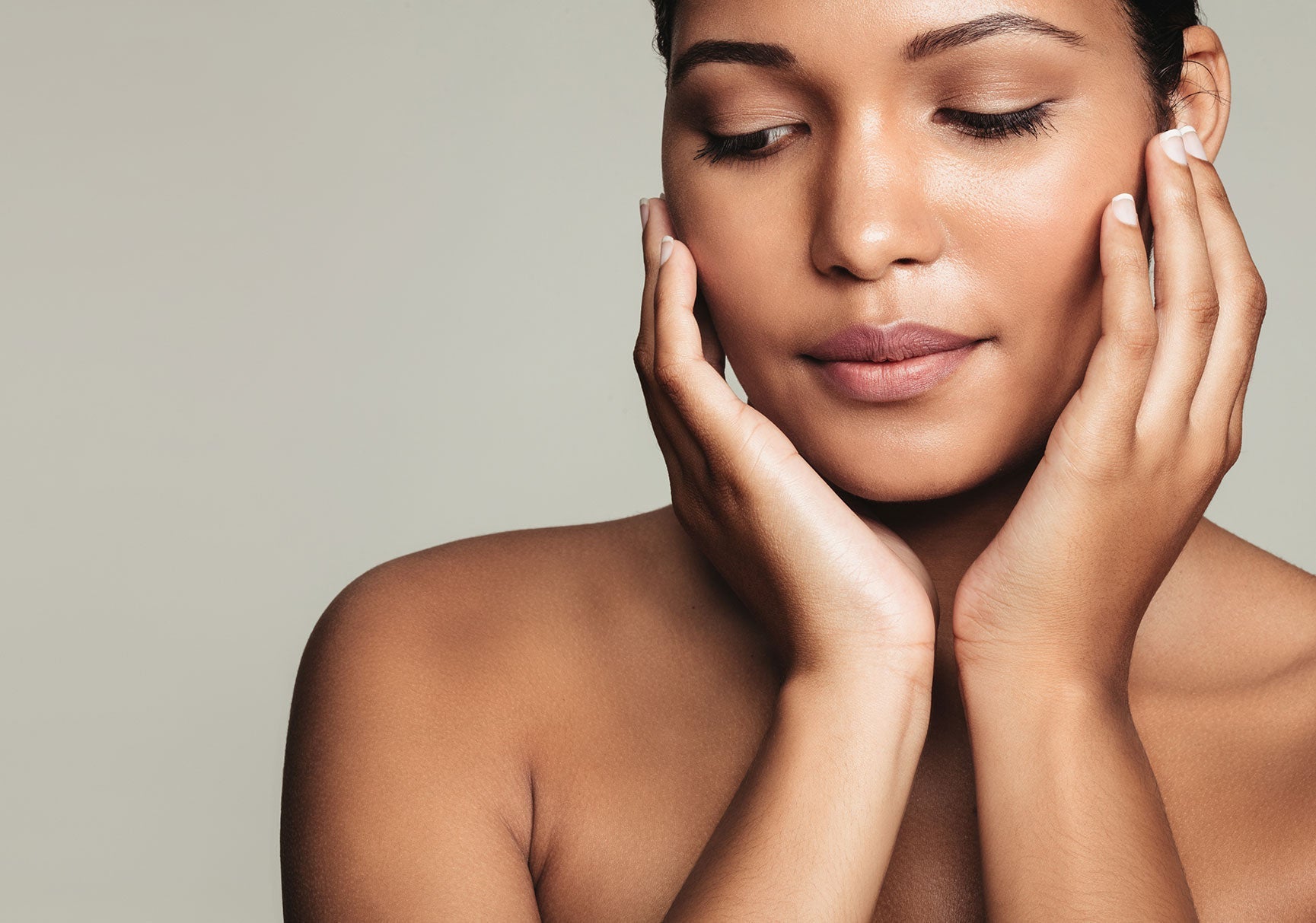Achieving radiant skin requires a skincare routine that cares for your skin from the inside out.
In addition to what you may pick up at the beauty counter, certain adaptogens can give your skin a healthy glow. Lion’s Mane mushrooms are a type of functional mushroom with properties that may help improve the condition of your skin.
Let’s explore what makes Lion’s Mane mushrooms a secret tool in achieving glowing skin and how you can easily add this mushroom to your routine.
Lion’s Mane May Reduce Inflammation
Inflammation can lead to premature skin aging by external causes such as pollutants and sun exposure or through internal causes such as poor nutrition or inadequate sleep. Topical skincare products can help reduce skin inflammation, but getting certain phytonutrients can help fight inflammation before it starts.
Lion’s Mane mushrooms are rich in polysaccharides, phenols, flavonoids, and other compounds that exhibit antioxidant behavior and benefit glowing skin. Studies have found that compounds from Lion’s Mane help slow cell aging, increase the activity of antioxidative enzymes, and increase the production of glutathione, an antioxidant produced inside the body.[1]
Lion’s Mane May Reduce Skin Aging
Exposure to UV irradiation (or excessive sun exposure) can produce reactive oxygen species (ROS), which are markers of oxidative stress that can lead to skin aging. This oxidative stress can lead to wrinkling, dark spots, and other changes to the skin. [2]
Wearing sunscreen is a great way to protect against photoaging from sun exposure, and adding Lion’s Mane mushrooms to your routine can also protect the skin from ROS.
In a study on the cosmetic properties of mushroom extracts, researchers found that water extracts of Lion’s Mane mushrooms decreased the amount of ROS in skin cells.[3]
Lion’s Mane May Help Collagen Production
Collagen is a natural protein vital for maintaining your skin's structure. Not only does collagen help your skin maintain its elasticity and reduces wrinkles, but it helps your skin retain moisture for a healthy glow.[4]
In a study examining the benefit of Lion’s Mane polysaccharides in aged rats, researchers found that Lion’s Mane extract increased collagen production and enhanced the activity of skin antioxidant enzymes.[5]
Other animal studies have also found that Lion’s Mane mushroom extract benefits collagen production and faster wound healing.[6]
Lion’s Mane Mushrooms for Glowing Skin
As you can see, Lion’s Mane mushrooms can help protect against stress and help collagen production to support healthy glowing skin. In addition to staying hydrated, wearing sunscreen, not smoking, and getting enough sleep, getting antioxidants and nutrients from Lion’s Mane can round out your skincare routine.
Fungies Lion’s Mane gummies contain 500 mg of dual extracted Lion’s Mane mushroom per serving (standardized to contain 30% Beta-Glucans) and are gluten-free, gelatin-free, and vegan-friendly.
So grab a bottle (or two) of Lion’s Mane mushroom gummies today and experience firsthand how Lion’s Mane mushrooms can help you achieve glowing skin and support your overall health and well-being.
References
- Friedman M. J Agric Food Chem. 2015;63(32):7108-7123. doi:10.1021/acs.jafc.5b02914.
- Chen J, Liu Y, Zhao Z, Qiu J. Int J Cosmet Sci. 2021;43(5):495-509. doi:10.1111/ics.12728.
- Ziemlewska A, Wójciak M, Mroziak-Lal K, et al. Molecules. 2022;27(16):5090. Published 2022 Aug 10. doi:10.3390/molecules27165090.
- de Miranda RB, Weimer P, Rossi RC. Int J Dermatol. 2021;60(12):1449-1461. doi:10.1111/ijd.15518.
- Xu H, Wu PR, Shen ZY, Chen XD. Int J Biol Macromol. 2010;47(1):33-36. doi:10.1016/j.ijbiomac.2010.03.024.
- Abdulla MA, Fard AA, Sabaratnam V, et al. Int J Med Mushrooms. 2011;13(1):33-39. doi:10.1615/intjmedmushr.v13.i1.50.

